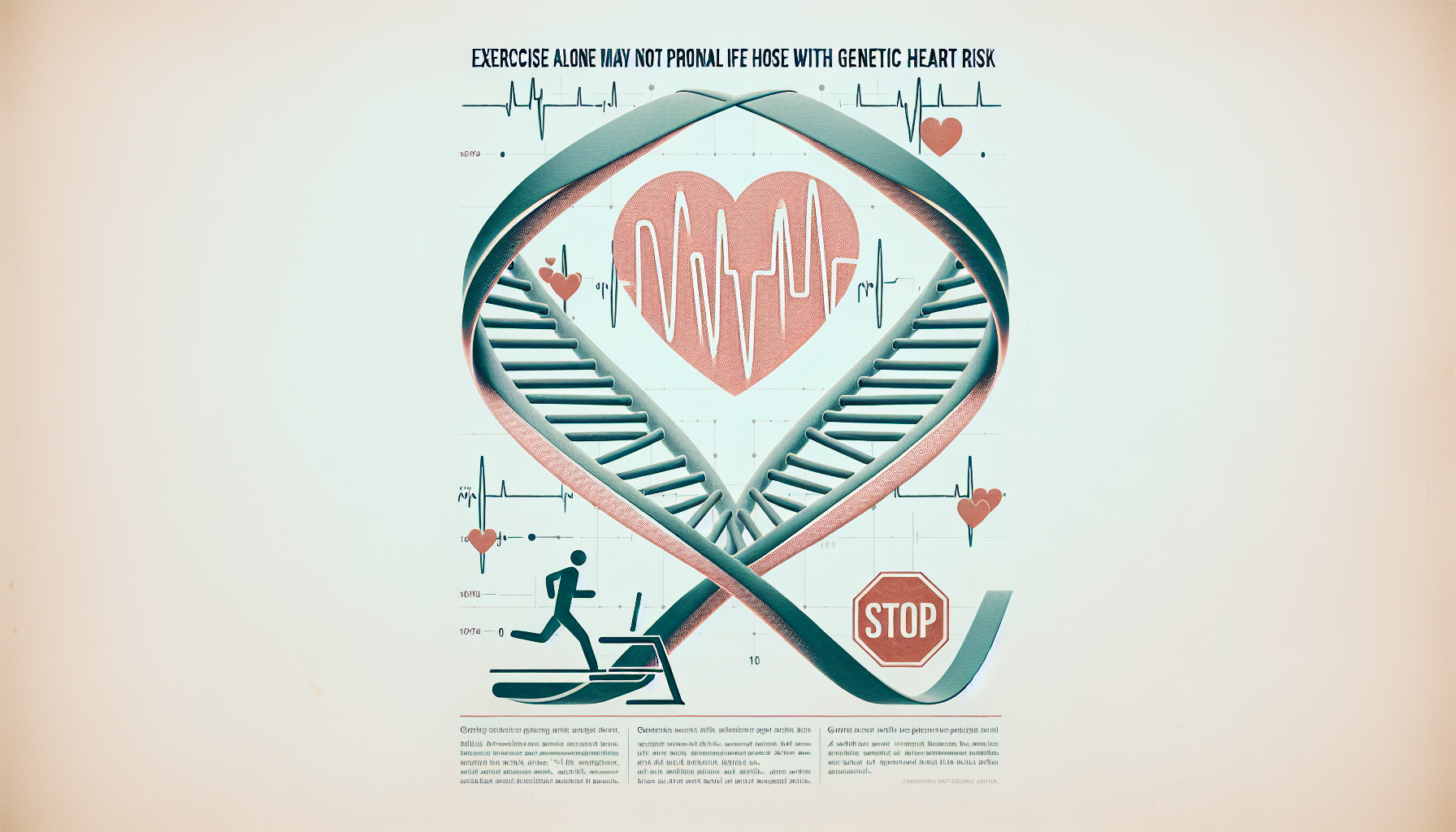Does Exercising Really Help You Live Longer? Discoveries from a Twin Study
Have you ever wondered if hitting the gym or jogging regularly is truly the key to a long life? While common wisdom suggests that exercise prolongs our lifespan, a recent intriguing study involving twins suggests that it might not be as straightforward as we thought.
A Comprehensive Study on Twins and Exercise
University of Jyväskylä in Finland recently conducted a groundbreaking study involving 22,750 twins born before 1958. This research spanned decades, tracking participants' physical activities and mortality rates up until the end of 2020. What's unique about this study is its focus on understanding the influence of physical activity on those predisposed to cardiovascular diseases genetically.
Key Findings: Exercise and Genetic Predisposition
A staggering revelation from the study was that the recommended levels of physical activity didn't significantly lower the risk of early death in individuals genetically predisposed to cardiovascular issues. According to World Health Organization guidelines, regular moderate-intensity exercise of 150-300 minutes or high-intensity activities for 75-150 minutes per week are recommended for general health. Yet, the study found that even consistent exercise didn't reduce mortality rates in twins with genetic risks for heart disease when compared to their less active counterparts.
The Role of Genetics Over Lifestyle
Elina Sillanpää, a contributing professor to the study, noted that inherent cardiovascular conditions can overshadow the benefits of physical activity, potentially leading to mortality regardless of exercise routines. The study emphasized the significant genetic component in cardiovascular diseases, with genetic contributions accounting for 40-60% of the risk. This highlights a complex interplay between our genes and lifestyles.
Revisiting Previous Research on Exercise
While past research has often championed the role of healthy lifestyles, including regular exercise, in mitigating genetic risks for cardiovascular diseases, few studies examined exercise's independent effect. This Finnish study challenges the widely accepted notion that exercise can independently curb genetic risks. It found no causal evidence suggesting that adhering to physical activity guidelines lessened the genetic predisposition to cardiovascular illnesses or significantly changed mortality rates.
The Broader Benefits of Physical Activity
Despite these surprising findings, the study doesn’t discount the broader benefits of regular exercise. For instance, randomized controlled trials have shown that physical activity can positively influence metabolic processes, such as lipid metabolism, glucose intolerance, and insulin resistance, and reduce systemic inflammation. These health improvements are valuable across various conditions, reaffirming the importance of maintaining an active lifestyle.
Exploring the U-shaped Relationship between Exercise and Biological Aging
Interestingly, the study discovered a U-shaped relationship between exercise and biological aging. Using epigenetic clocks, researchers assessed the biological aging rates of the twins, finding that both minimal and excessive levels of activity accelerated aging, while moderate exercise showed the slowest aging rate. This suggests that balance might be key in securing the longevity benefits of physical activity without over-exercising.
In Summary: Exercise, Genes, and Health Outcomes
The study suggests that while exercise offers numerous health benefits, its ability to specifically counteract genetic risks for cardiovascular disease and
reduce mortality is limited. This challenges the narrative that exercise alone is an elixir for a longer life, especially for those with a genetic predisposition to heart diseases. However, maintaining an active lifestyle is undeniably beneficial for metabolic health and reducing certain risk factors for the general population.
So, how should we approach exercise in our daily lives? While the genetic predisposition might limit the impact of exercise on specific risks, engaging in regular, balanced physical activity remains essential for overall health and quality of life. This study serves as a reminder to balance our exercise routines and consider the broader health benefits rather than focusing solely on potential longevity gains. Stay active and embrace a lifestyle that benefits both body and mind!

